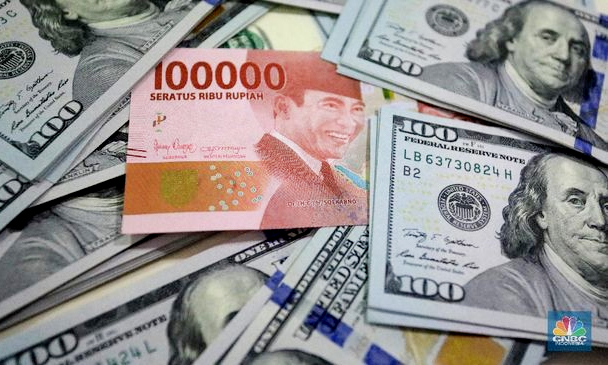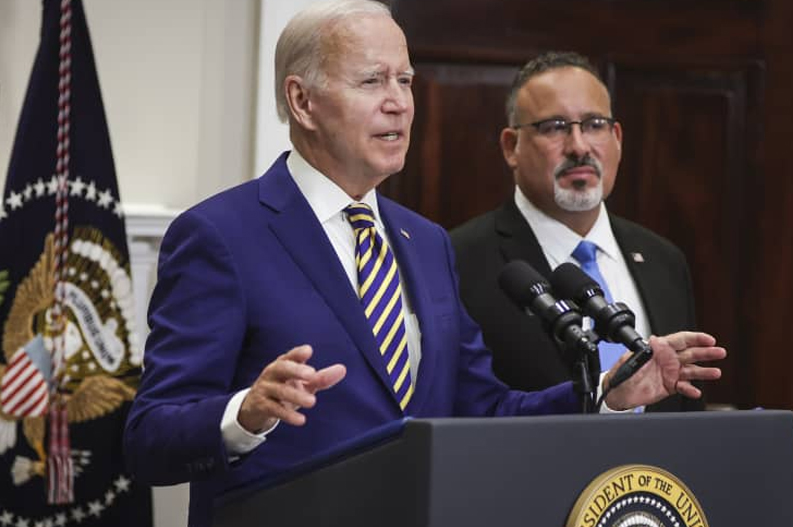The global economic landscape has been closely monitoring the developments in two economic juggernauts: the United States and China. The third quarter of 2022 brought with it encouraging signs of recovery in both of these economic powerhouses. As these nations started to show positive growth figures, discussions about the potential implications on the worldwide economy, including Indonesia, gained momentum. In this comprehensive article, we will delve deeper into the factors contributing to this economic recovery, assess its potential consequences for the global economy, and explore how Indonesia, in particular, may be impacted by these significant shifts.
The Economic Recovery
The economic recovery observed in the third quarter of 2022 represents a ray of hope amidst a backdrop of economic uncertainties and challenges. Let’s take a closer look at the specifics of the recovery in both the United States and China:
United States: The US economy experienced a year-on-year (YoY) growth of 2.6 percent in the third quarter of 2022. This growth, albeit modest, marked a notable departure from the stagnation and contractions witnessed in earlier quarters. A combination of factors contributed to this turnaround, including the widespread distribution of COVID-19 vaccines, increased consumer spending, and government stimulus measures.
China: Meanwhile, China’s economy displayed even more robust growth in the same period, with a YoY growth rate of 3.9 percent. This rapid recovery can be attributed to China’s effective containment of the pandemic, robust export performance, and a resurgence in domestic consumption.
These growth figures are not merely statistical data; they represent tangible signs of economic improvement in two nations whose economic activities have a profound impact on the global stage.
The Global Economic Interconnection
It’s crucial to recognize the interconnectedness of the global economy. What happens in major economies like the United States and China reverberates across the world. The global supply chain, financial markets, and international trade networks are all influenced by the economic health of these nations.
Piter Abdullah, the Executive Director of the Segara Institute, highlighted the intricate web of economic relationships between countries and regions. He emphasized that changes in the economic trajectories of the US and China, while not immediate, can indeed have far-reaching consequences for the global economy. Understanding these linkages is essential to grasp the potential impacts of their recovery on countries like Indonesia.
However, Piter Abdullah also cautioned against prematurely declaring a complete recovery in the US and China. The path to economic rehabilitation is typically long and multifaceted. As such, any significant effects on the global economy, including those on Indonesia, may take some time to materialize fully.
The Complexity of Economic Recovery
Navigating an economic recovery is akin to steering a ship through turbulent waters. Several factors contribute to the complexity of this process:
- Time Lag: The impact of economic changes in major economies on the global stage often exhibits a time lag. It may take months or even years for these effects to trickle down to individual businesses and households.
- Unpredictability: The world is no stranger to unforeseen events that can disrupt economic progress. Natural disasters, political developments, and global health crises can introduce unpredictable variables into the equation.
- Global Challenges: The global economy has faced a series of challenges in recent years, including trade tensions, supply chain disruptions, and the ongoing COVID-19 pandemic. These challenges continue to shape economic dynamics.
- Policy Responses: Government policies, such as stimulus packages and trade agreements, play a significant role in economic recovery. These policies can be subject to change and adjustment, further adding to the complexity.
Given these complexities, it is prudent to remain cautious about the trajectory of economic recovery and its implications.
Indonesia’s Unique Position
Indonesia, as an emerging economy, occupies a distinctive position in the global economic landscape. Several factors contribute to Indonesia’s unique economic standing:
- Diversified Economy: Indonesia boasts a diversified economy with contributions from various sectors, including agriculture, manufacturing, and services. This diversification helps cushion the impact of external economic shocks.
- Net Exports: Unlike some nations heavily dependent on net exports, Indonesia has a relatively small proportion of net exports in its Gross Domestic Product (GDP). This means that Indonesia’s economic health is less vulnerable to fluctuations in global trade.
- Resilience: Indonesia has demonstrated resilience in the face of economic challenges, with a track record of weathering global economic storms and rebounding robustly.
- Trade Partners: Indonesia’s economic performance is closely tied to its trade partners. Therefore, prolonged recessions in key trading partner countries, including China, could affect Indonesia’s trade performance and revenue generation.
Yusuf Rendy Manilet, an economist at the Center of Reform on Economics (Core) Indonesia, emphasized the potential benefits of Indonesia’s economic structure. Its relatively low dependence on net exports means that Indonesia is well-positioned to withstand external economic shocks better than many other nations. However, he cautioned that Indonesia should remain vigilant and adaptable in the face of shifting global economic dynamics.
The Global Economic Outlook
The revival of the US and Chinese economies is undoubtedly a positive development for the global economy. These two economic powerhouses, with their significant consumer bases and international trade influence, can serve as stabilizing forces in the global economic landscape.
Yusuf Rendy Manilet pointed out that, with the economic conditions in the US and China showing signs of improvement, there is reason to believe that the global recession, which has been a concern in recent times, may not be as severe as previously feared. These recoveries could help mitigate the global economic downturn.
Conclusion: Navigating a Complex Economic Landscape
In conclusion, the third quarter of 2022 marked the beginning of an economic recovery in the United States and China. These recoveries have far-reaching implications for the global economy, including Indonesia. However, it’s essential to approach these developments with caution, considering the intricacies and uncertainties inherent in economic rebounds.
The interconnected nature of the global economy means that changes in major economies can have profound effects worldwide. Indonesia, with its diverse economic structure and relatively low dependence on net exports, is poised to weather economic storms more robustly than many other nations. Nevertheless, vigilance, adaptability, and proactive measures remain vital to safeguard Indonesia’s economic interests in a continually evolving world.
As the global economic landscape continues to evolve, it’s imperative for nations, businesses, and policymakers to remain attentive, responsive, and forward-thinking. By understanding the complexities of economic recovery and their potential impacts, stakeholders can navigate these challenging waters more effectively and position themselves for sustainable growth and prosperity in the future.




